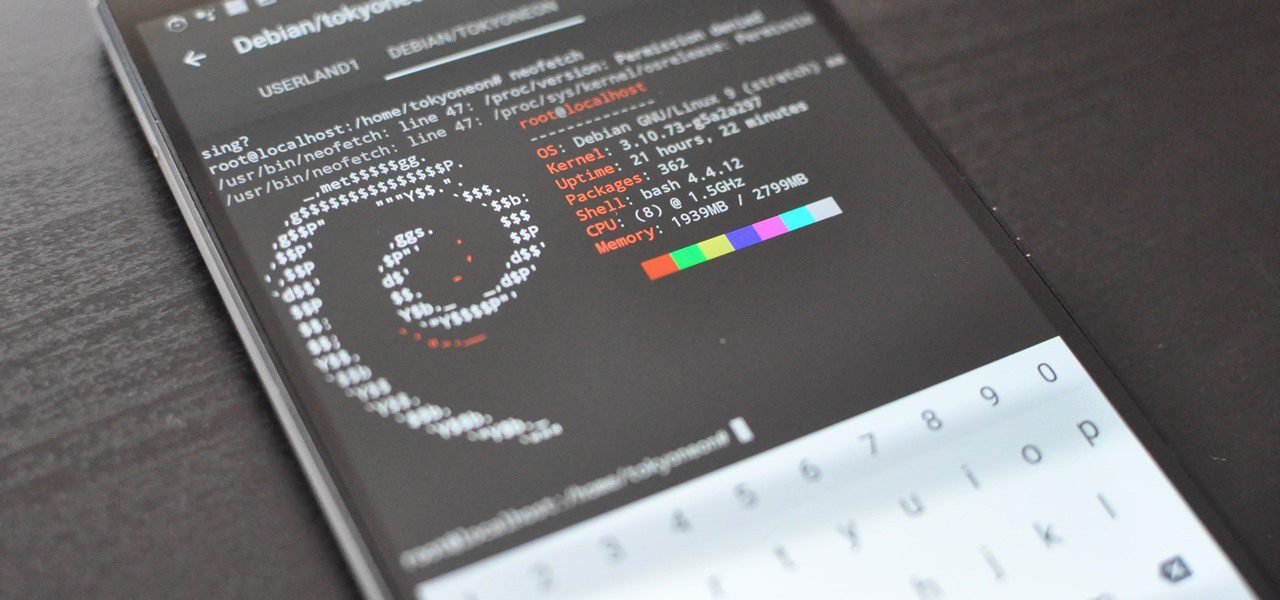Again day, another danger to Android gadgets. More than 100 million Android gadgets with in excess of two dozen applications introduced were found spilling client information in an unreasonable way. A group of safety analysts at Check Point Research has delivered a rundown of applications – some of them are very mainstream and have a tremendous introduction base
– that are loaded with weaknesses that programmers can saddle to take individual data from Android gadgets, including cell phones and tablets. More awful, the individual information of millions of clients is accessible on constant data sets connected to these Android applications.

In its report, the Check Point Research group has called attention to that a portion of these defenceless applications represented considerable authority in soothsaying, fax, taxi administrations, and screen recording. The specialists have called attention to in any event three applications from this rundown. They are Astro Guru – a mainstream crystal gazing, horoscope, and palmistry application.
Teva, a taxi-flagging down application with more than 50,000 downloads, and Logo Maker, a logo-planning application. The individual information that is in danger due to the weakness in these applications incorporates messages, passwords, names, dates of birth, sexual orientation data, private talks, gadget area, client identifiers, among others.
An application that takes client data makes some genuine memories information base that stores all the information from the clients.
As indicated by Check Point Research, “Constant information base permits application engineers to store information on the cloud, ensuring it is synchronized continuously to each associated customer.” But on the grounds that a few designers neglected the security of the data set, there lies a weakness and this misconfiguration leaves the whole archive inclined to wholesale fraud, administration swipe, and ransomware.
Android Ahead
Also, since countless applications on this rundown are very mainstream, there is a potential for a major scale assault.
Putting away information is a certain something, but since every one of these applications are connected to constant data sets, the weakness leaves the trading of visit messages, as it occurs, inclined to hack. Analysts had the option to bring visit messages between cab drivers and travellers on the T’Leva application, alongside their complete names, telephone numbers, and areas – all by sending only one solicitation to the information base. Envision how powerless the security of these information bases is.
What’s more, to aggravate things, a portion of the applications had both “read” and “express” authorizations turned on, making it simple for undesirable individuals to get entrance. “This by itself could bargain a whole application, not in any event, thinking about the hit to the engineer’s standing, their client base, or even their relationship with the facilitating market,” said the report.











































